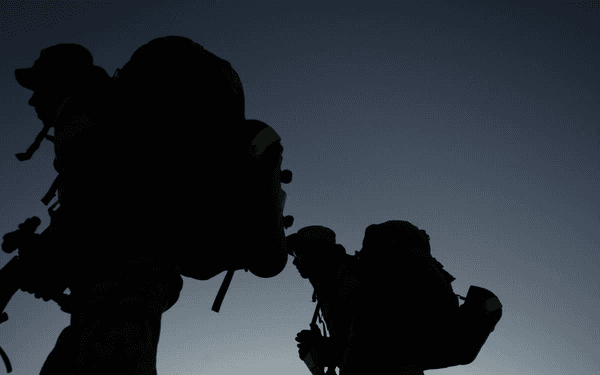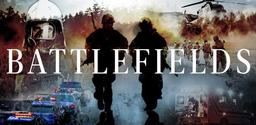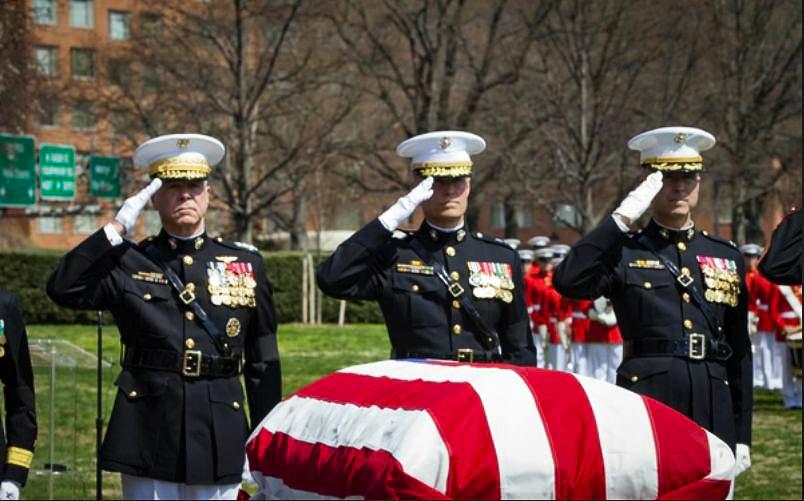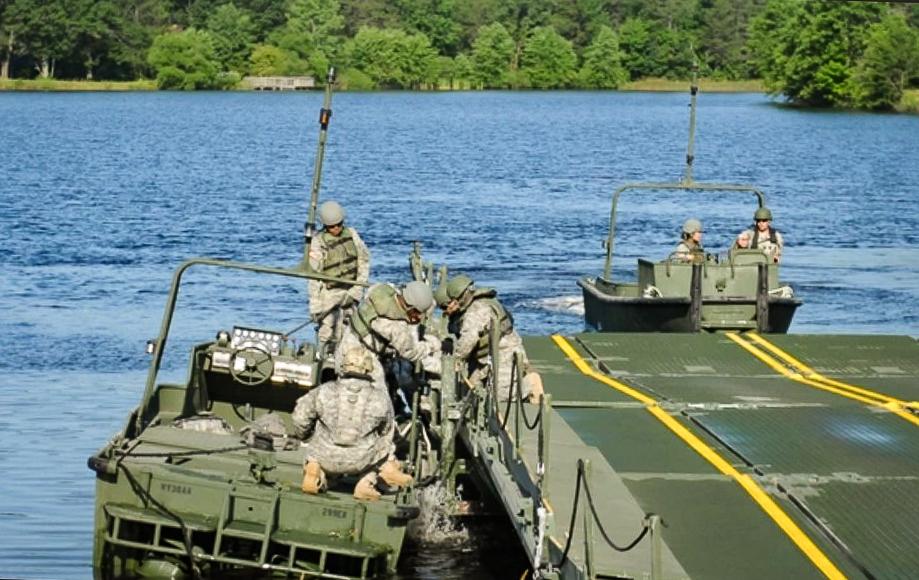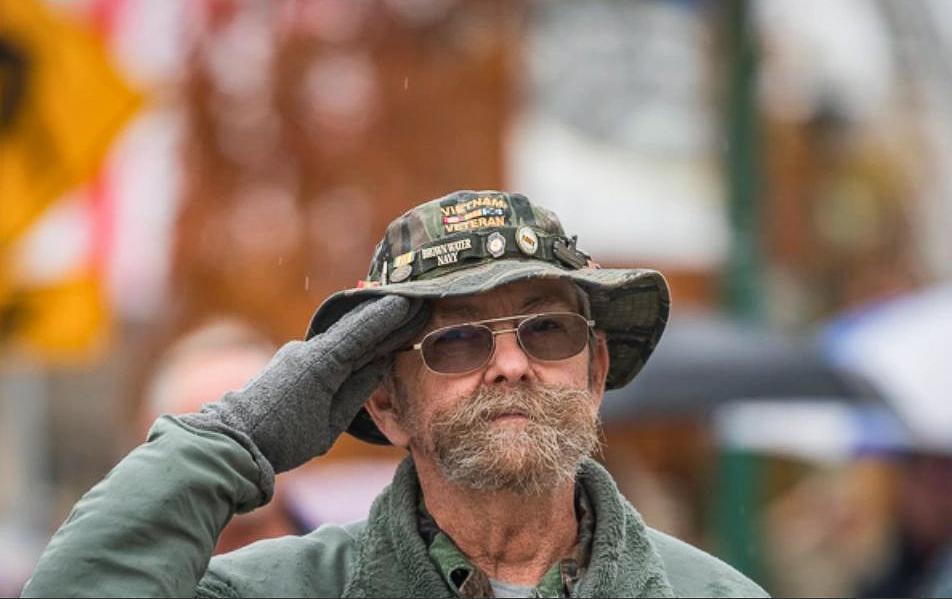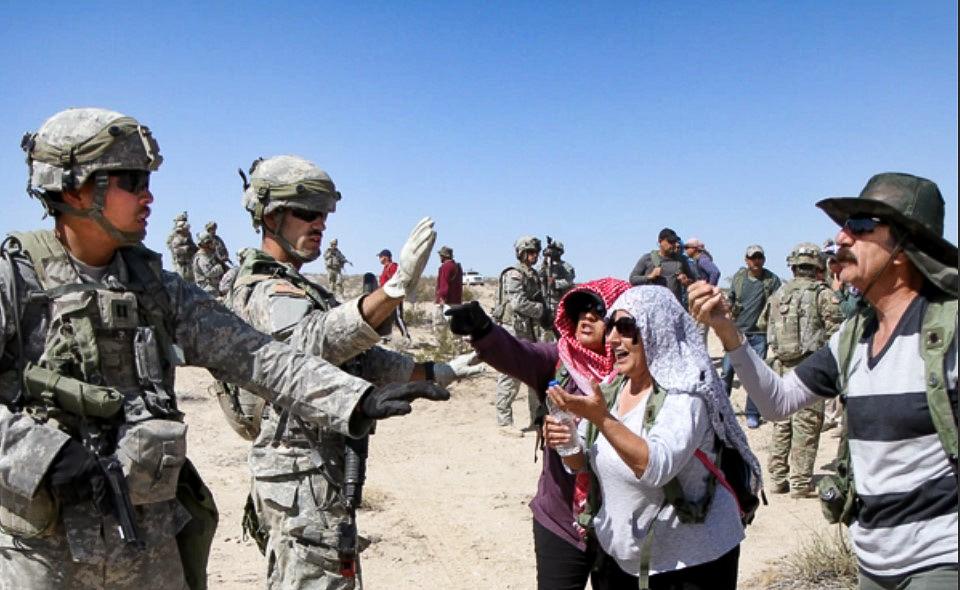Commentary
A patrol base was to be set up in a town that had seen some insurgent activity. I, as a forward observer and forward air controller, was attached to the platoon to go out there and get it done. There was an abandoned house with a courtyard and an easily accessible roof that provided good vantage points, for the most part. We moved the platoon plus into that house. With the help of tri-axles of gravel, some combat engineering resources, and larger Hesco barriers, we’d fortify it the best we could with the space we had. The house was geographically centered and strategically sound, situated where two main streets came to a “T,” and a creek ran between our new patrol base and the local police station. Insurgents had bombed the police station a week prior, so we were ordered to take up residence and secure the area. The market was close by and busy throughout the day. Nights were usually pretty quiet, but that was pretty normal if compared to nights that we’re used to in the West.
In September of 2004, late one evening, I had a chance to catch a couple of hours of rest before the next planned patrol to go out from Checkpoint 4. As usual, I bedded down with my gear set in the same place to grab it quickly. I always slept with my M-16 in one hand, usually my left, and my sidearm in the other. At the same time, when I was able, I always tried to get as comfortable as possible whenever I could get some downtime. Somewhere early in my career as a Marine, a leader had told me “When the day is done, shed your gear and get some rest.” I took that quite literally, and that night it did not serve me in the best of ways. I don’t regret it, but I certainly could have. I’m sure at this point he was referring to training evolutions as the war hadn’t commenced and America hadn’t been at war during his enlistment.
I woke up to the M240G machine guns talking, with a band of other weapons joining in. So, in skivvies, I put on my flak jacket, helmet, and shower shoes, grabbed my radio bag and weapons, then yelled for my radio operator to meet me on the roof. As I crested the roof from the courtyard I could hear all four sides engaging. I had already prepped an artillery (arty) illumination (illum) mission down to Fire Direction Control (FDC) and requested air on station on my way up the ladder. Illum popped in the distance to silhouette enemy combatants, and our platoon adjusted fire as necessary to targets of opportunity. Split-section rotors (a pair of helicopters, one Huey, one Cobra) were en route.
While I had been focusing on the longest avenues of approach from my vantage point for arty and air assets, the company executive officer (XO) had made it up and went to the opposite side of the roof to oversee and adjust as necessary. He had made the trip out to the patrol base at the beginning of the setup and hadn’t returned back to the forward operating base yet. We communicated when he first came up about the current situation, then a few times nonverbally, and by running back and forth when needed. The infantry Marines were calling out targets to each other, and I listened in and relayed information to our air assets.
A few minutes after air was on station, the platoon commander came up, looked at me, and then looked again. I nodded as if to signal everything was going as well as could be from what I was seeing. He went around the perimeter checking on the men, ensuring they were getting resupplied from down in the courtyard, firing lanes, battlefield damage assessments, and the thousand and one things an infantry platoon commander is responsible for.
The incoming fire seemed to stop and the XO ordered a cease-fire. It was quiet. I was still on the radio with artillery and air resources, but the firing had stopped from both sides. My radio operator was finishing out the arty mission for me, as I talked to air for final reconnaissance before going off station.
Still on the radio, the platoon commander, still making his rounds, stopped in front of me: “Sergeant, why aren’t you in uniform?”
Our platoon commander wasn’t a bad officer, just new and... well... new. My response was something to the order of “I came up immediately; the sooner I’m doing my job the fewer men die. Where were you?” I knew full well what happens to the enemy’s mindset and numbers when they hear arty overhead, even if it is just illum, or our air assets. No Marines died that night, not even one injury. Those are wins. The amount of ammunition expended, and flak received from higher about it is a different story altogether.
The author of this article is an anonymous Marine sergeant. The appearance of U.S. Department of Defense (DoD) visual information does not imply or constitute DoD endorsement.
